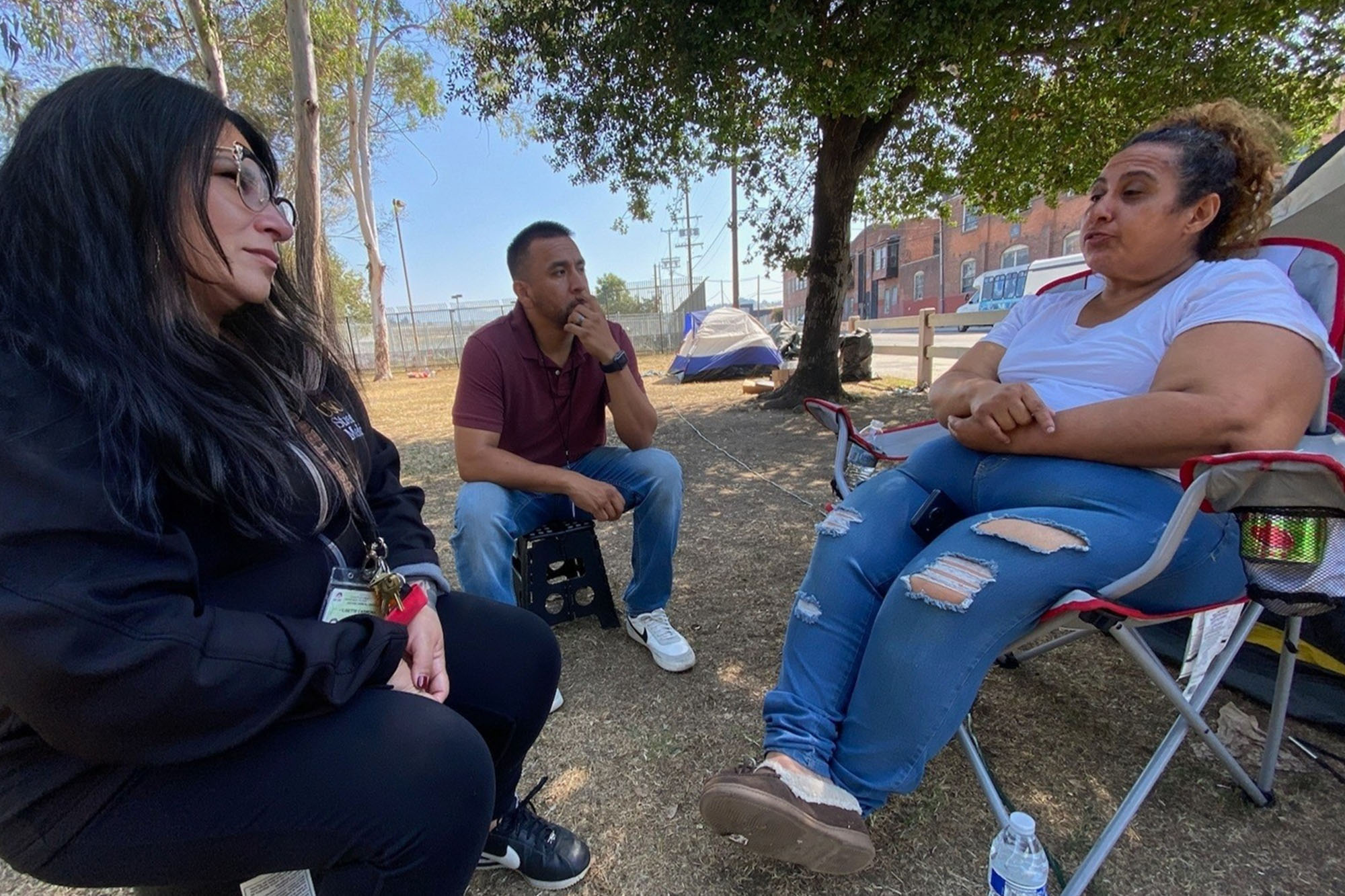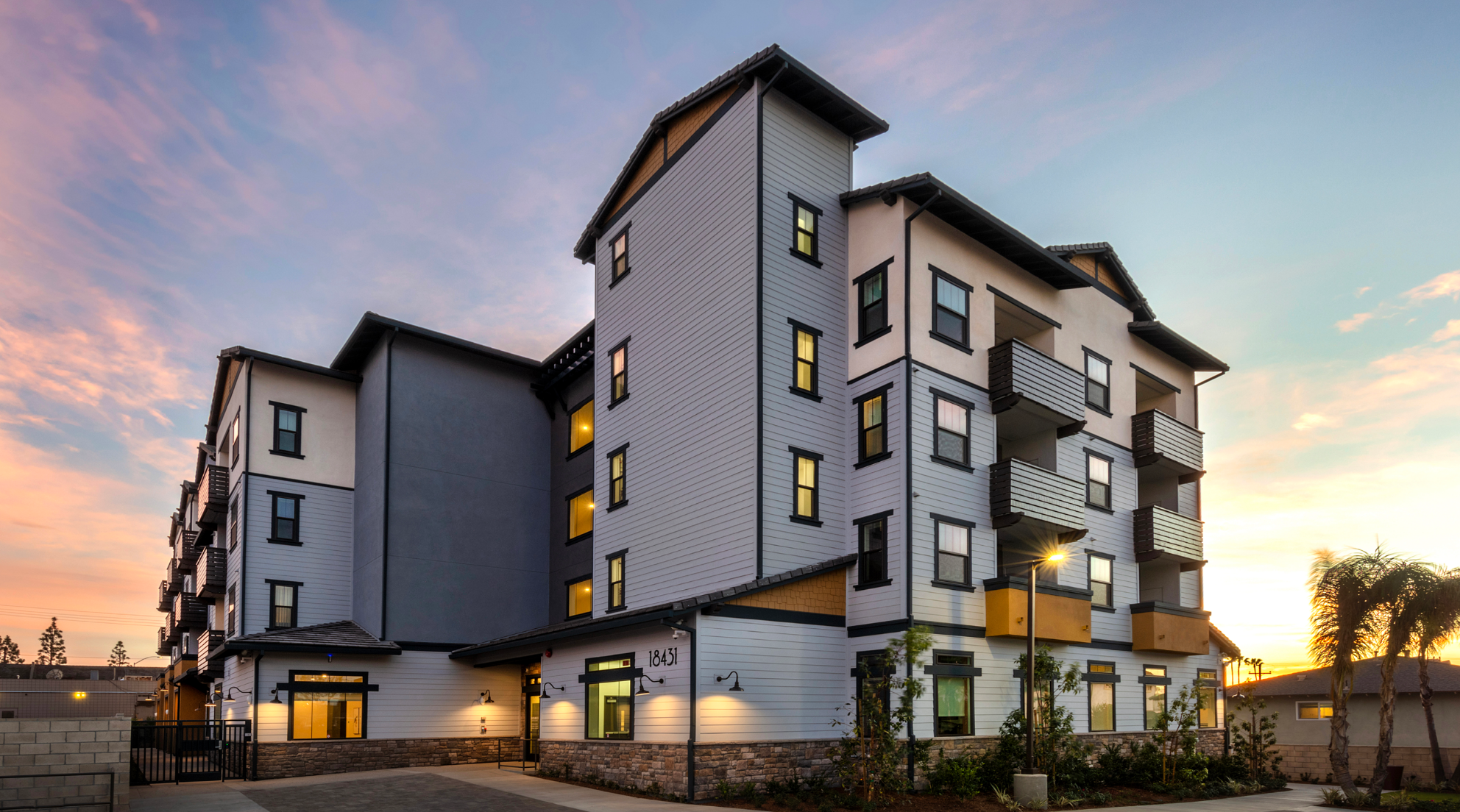Key Takeaways
- National quality standards are now available.
- Certification is collaborative, not punitive.
- Certification validates quality and drives improvement.
Medical respite programs — also called recuperative care— provide critical post-hospital care for people experiencing homelessness who are too ill or frail to recover on the streets. As this field grows across California and nationwide, establishing clear quality standards has become essential to ensure consistent, high-quality care.
A National Standard for Excellence
The National Institute for Medical Respite Care (NIMRC) has developed a voluntary certification process that helps medical respite programs demonstrate their commitment to high-quality care. This certification was designed with extensive input from the medical respite community. CHCF is proud to support this work.
Certified programs have completed a rigorous process proving they meet nationally recognized principles, standards, and expectations in medical respite care. The certification process includes comprehensive assessments, evidence submission, and an on-site visit — all supported by NIMRC’s expert team.
Support Every Step of the Way
NIMRC’s approach is collaborative, not punitive. Programs pursuing certification receive guidance, resources, technical assistance, and connections to peers who have successfully navigated the process. This supportive framework helps programs strengthen their operations while building toward certification.
Why Certification Matters
For California’s safety-net providers serving vulnerable populations, certification offers validation of high-quality care delivery and operational excellence. It provides a road map for continuous improvement and demonstrates accountability to funders, partners, and the communities served.
To learn more about certification of medical respite programs, please visit “NIMRC Certification for Medical Respite Programs.”





